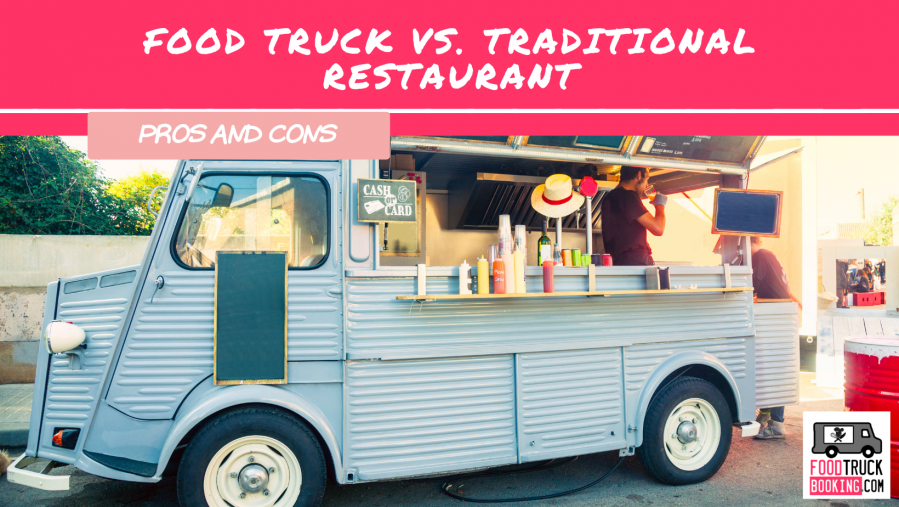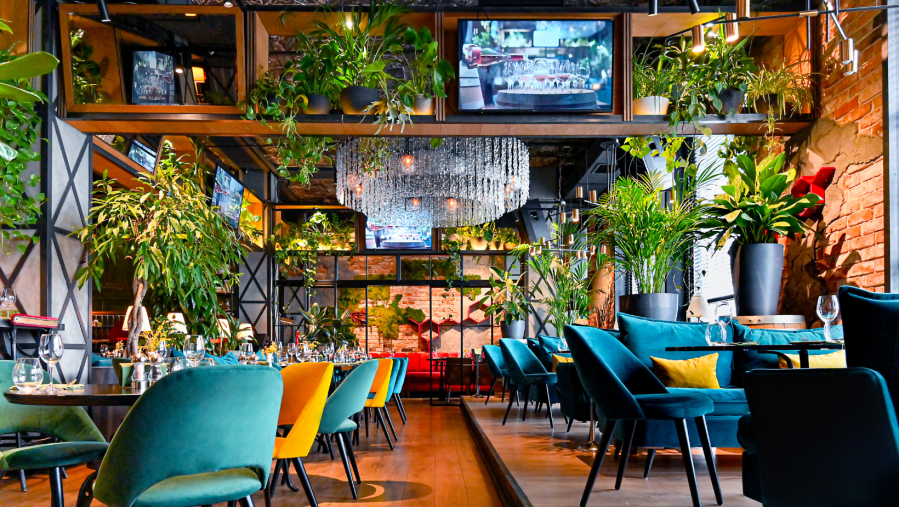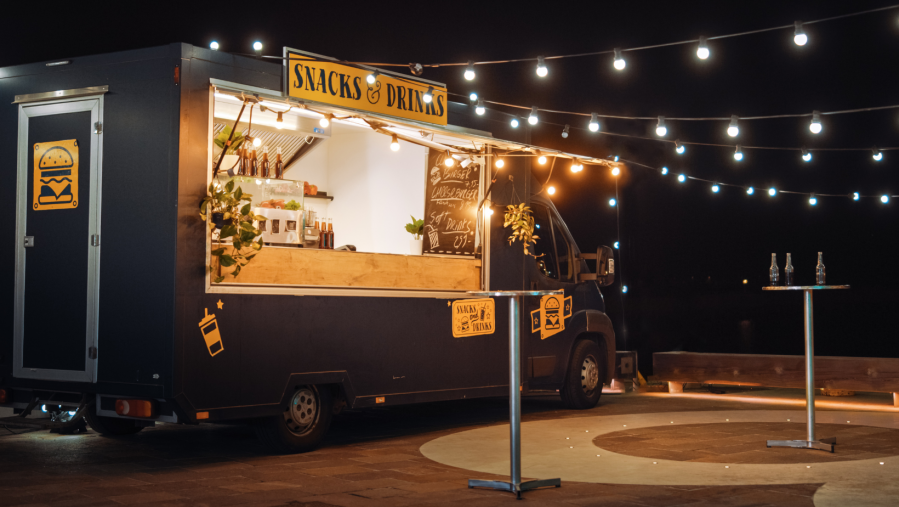Food Truck vs. Traditional Restaurant: Pros and Cons
Posted on 05/21/2023 by FTB
The culinary industry has seen a massive revolution in recent years, with an increasing trend towards mobile food businesses. This evolution has presented food enthusiasts with two distinct dining options: traditional brick-and-mortar restaurants and modern Food Trucks. While both have their unique appeal and advantages, they also come with certain downsides. Let's delve deeper into the pros and cons of both these models.






